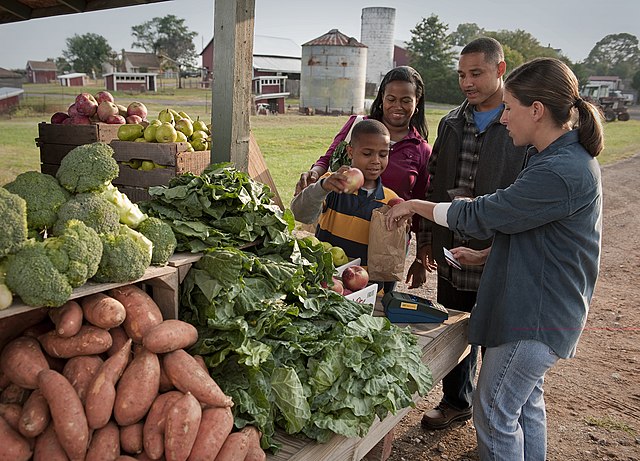Repealing clean energy tax credits will raise costs for families and houses of worship
Members of the Ways and Means Committee hope to repeal or cut parts of the clean energy tax credits of the Inflation Reduction Act (IRA, P.L. 117-169) in order to fund tax cuts for the wealthy and deportation and detention efforts.
Passed in 2022, the IRA created new and expanded existing historically bipartisan clean energy tax credits, incentivizing businesses, houses of worship, and individuals to invest in clean energy projects. Cutting these credits threatens to increase household electricity bills by around 10% on average in 2035. Quaker meeting houses across the nation have used clean energy tax credits through the “direct pay” provision, which allows certain tax-exempt entities to directly receive rebates from the Internal Revenue Service.
Because of their widespread economic benefits, 21 House Republicans and 4 Senate Republicans have come out in support of the credits. However, on May 1, 38 House Republicans issued a letter urging a full repeal of the IRA. As the Ways and Means committee members consider their fate, we urge Congress to build upon, not tear down, these wildly successful tax credits and continue to champion environmental stewardship.




